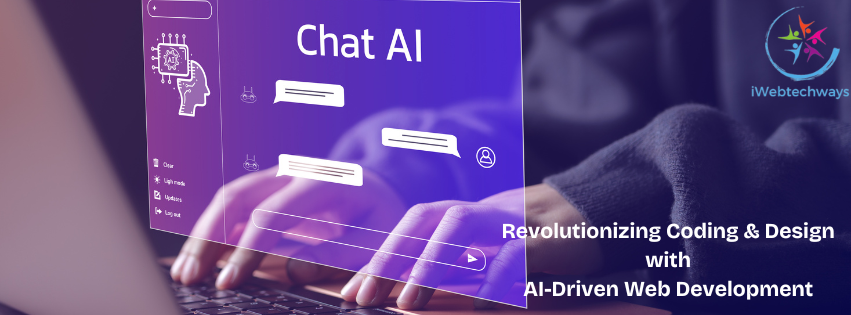In recent years, artificial intelligence (AI) has made remarkable strides, revolutionizing various industries and transforming the way we live and work. As AI continues to advance, there has been increasing speculation about the possibility of it replacing programmers altogether. This article aims to explore the question: Will AI replace programmers? While AI has the potential to automate certain aspects of programming, it is unlikely to completely replace human programmers. Let’s delve into the reasons why.

Creative Problem Solving
One of the fundamental aspects of programming is creative problem-solving. Programmers possess the ability to think critically, analyze complex scenarios, and devise innovative solutions. While AI has made significant progress in automating routine and repetitive tasks, it still lacks the cognitive capabilities to replicate the human mind’s creativity and intuition. Programmers’ expertise extends beyond writing code; they bring a unique human perspective that enables them to identify innovative solutions that AI might overlook.
Complex Decision-Making
Programming often involves making intricate decisions that go beyond mere logical calculations. Programmers consider various factors, such as user experience, performance optimization, and ethical considerations, when designing software. AI, while capable of analyzing vast amounts of data, struggles to comprehend the broader context and make value-based decisions. The human touch is invaluable in weighing the trade-offs and making informed choices, ensuring that software aligns with human needs and ethical standards.
Adapting to Evolving Technology
Technology evolves at a rapid pace, with new frameworks, programming languages, and tools emerging constantly. Programmers are adept at keeping up with these changes, continuously learning and evolving their skills. They possess the ability to adapt to new paradigms and apply their knowledge creatively. While AI can assist in automating parts of the programming process and provide suggestions, it relies on human programmers to understand and apply the latest technologies effectively. The programming community plays a crucial role in driving technological innovation forward.
Communication and Collaboration
Programming is rarely a solitary pursuit. Programmers frequently collaborate with teammates, stakeholders, and end-users to develop software solutions. Effective communication skills, empathy, and understanding user needs are vital aspects of this collaborative process. While AI can facilitate certain aspects of communication, such as language translation, it still lacks the emotional intelligence and social skills that human programmers bring to the table. Building successful software often requires a deep understanding of human interactions and the ability to empathize with end-users—a domain where human programmers excel.
Ethical Considerations and Responsibility
Programming has ethical implications that extend beyond technical aspects. Programmers bear the responsibility of ensuring that software is designed ethically and respects privacy, security, and inclusivity. AI itself is not inherently ethical; it reflects the biases present in the data it is trained on. Human programmers are essential in ensuring that AI systems are fair, unbiased, and transparent. They provide the critical oversight necessary to prevent unintended consequences and mitigate potential risks associated with AI deployment.
Conclusion
While AI has made significant strides and automated numerous tasks, the prospect of it completely replacing human programmers remains unlikely. Programmers possess unique skills and capabilities that go beyond the technical aspects of programming. Their creativity, critical thinking, adaptability, and ethical considerations are crucial elements that cannot be replicated by AI. Instead of viewing AI as a threat, programmers can embrace it as a tool that enhances their capabilities and improves efficiency.
The future of programming lies in a collaborative relationship between AI and human programmers. AI can automate routine tasks, suggest solutions, and facilitate certain aspects of the programming process. Meanwhile, human programmers will continue to drive innovation, make complex decisions, communicate effectively, and ensure ethical considerations are met.
By leveraging the strengths of both AI and human programmers, we can create a future where technology augments human potential, leading to the development of more advanced and impactful software solutions. Ultimately, the human touch will remain indispensable in the ever-evolving field of programming.










